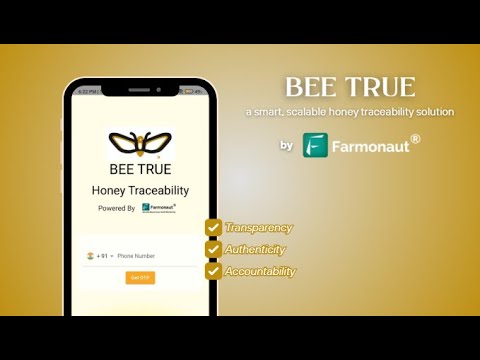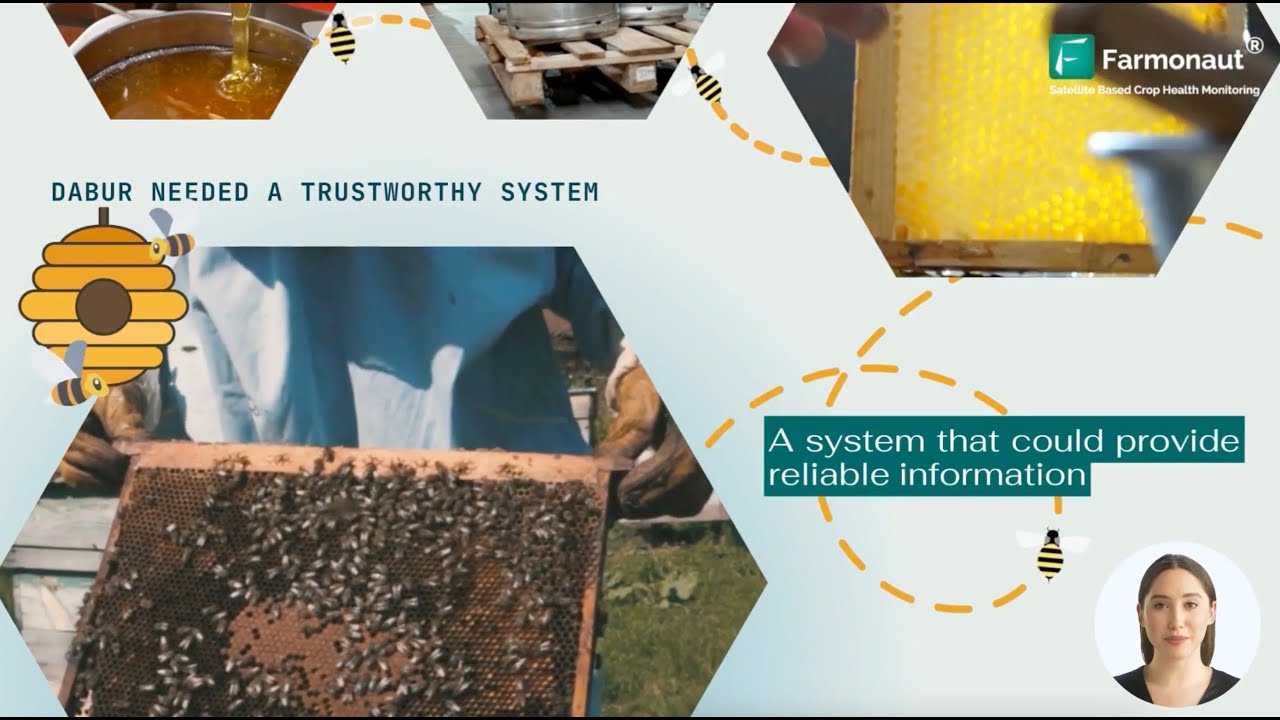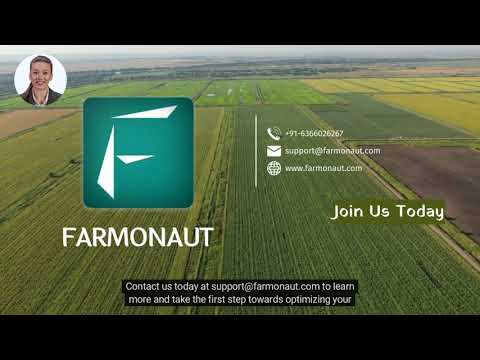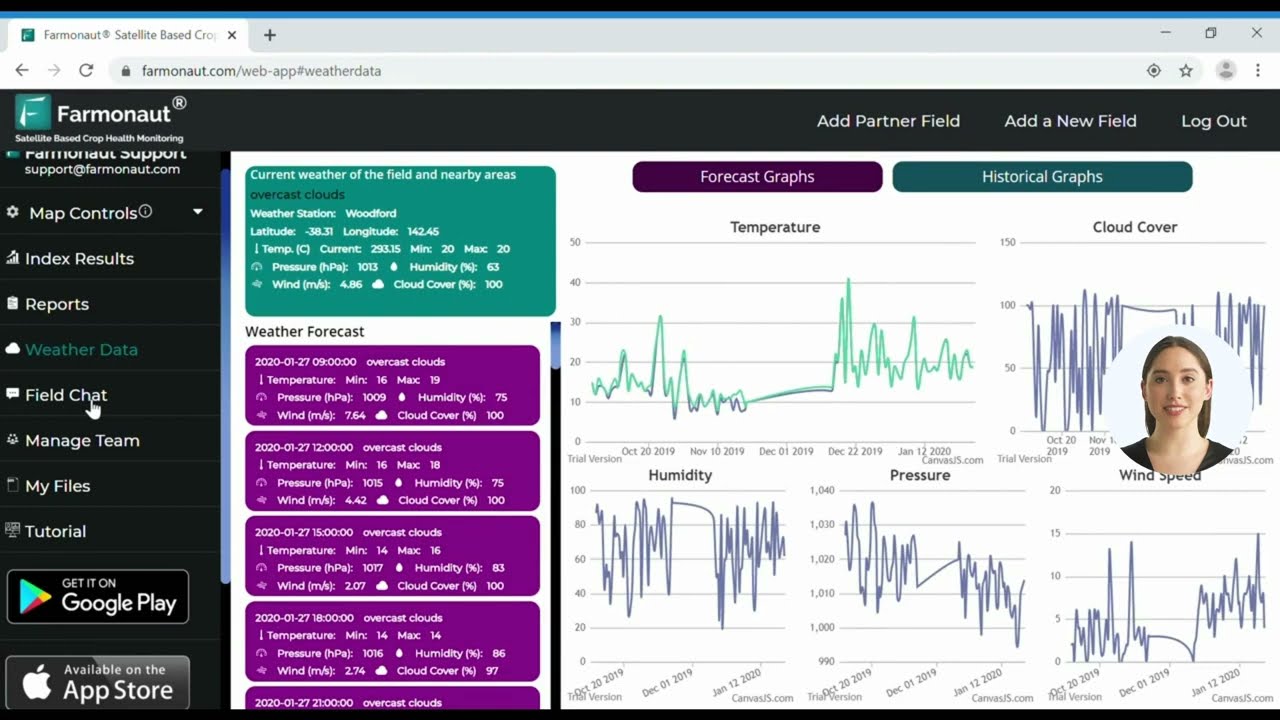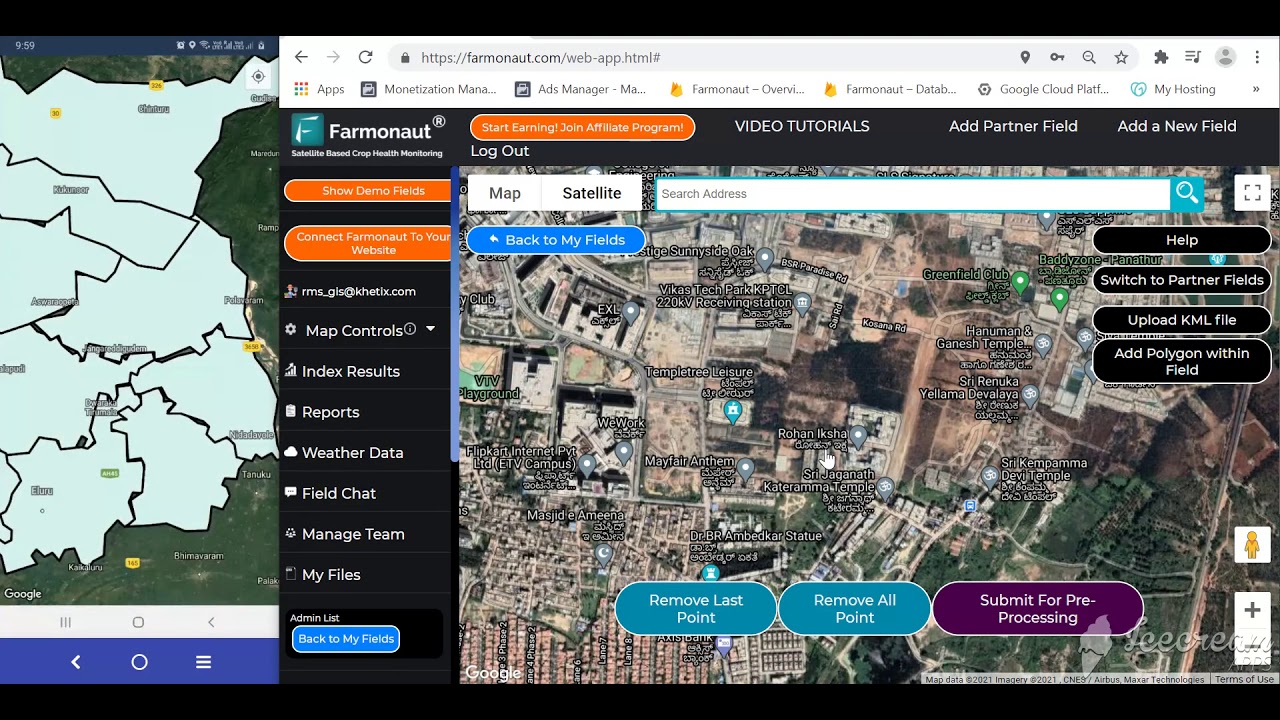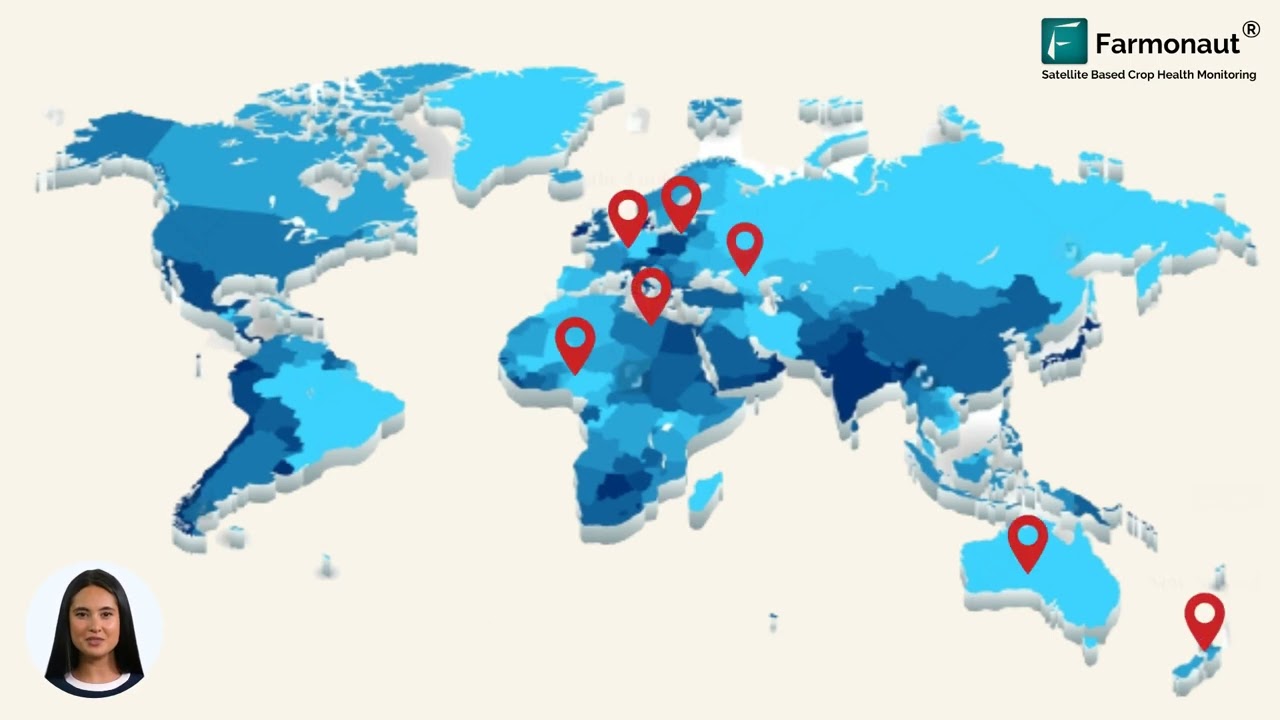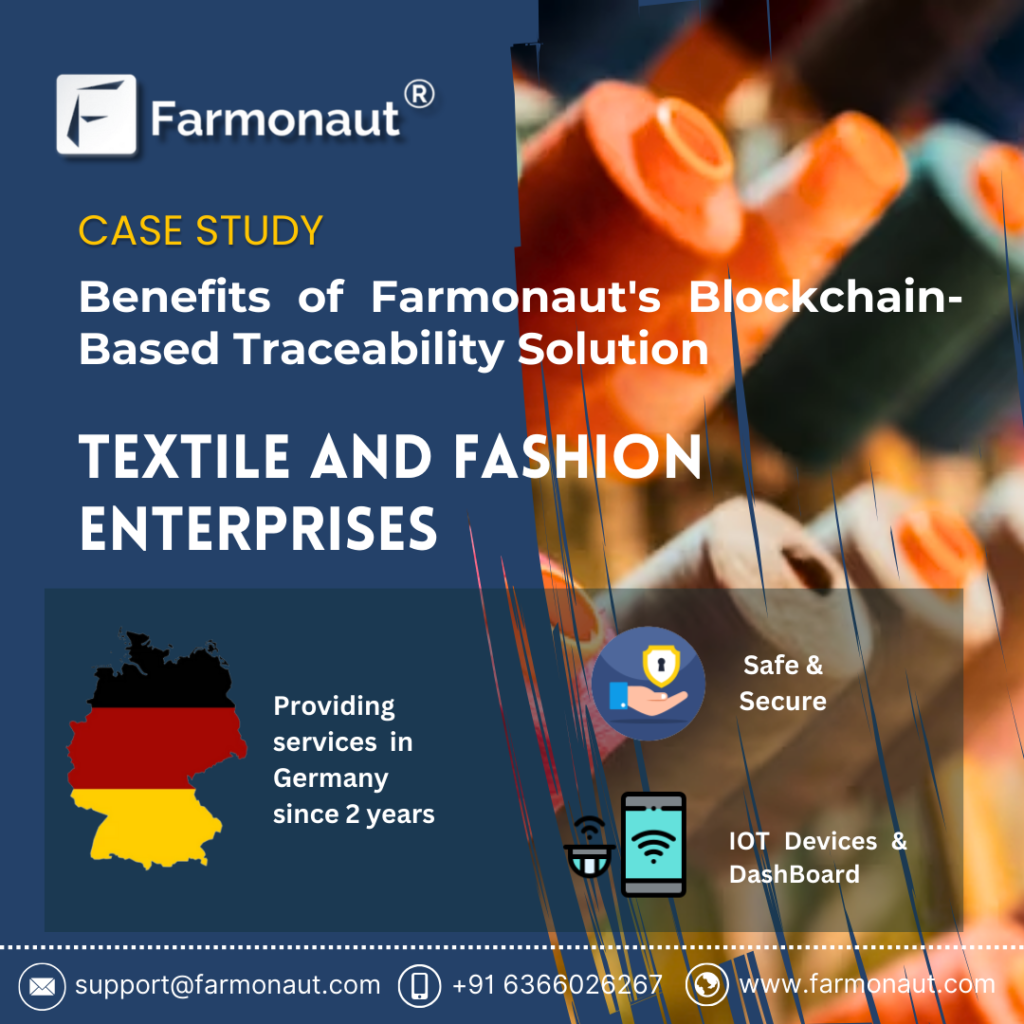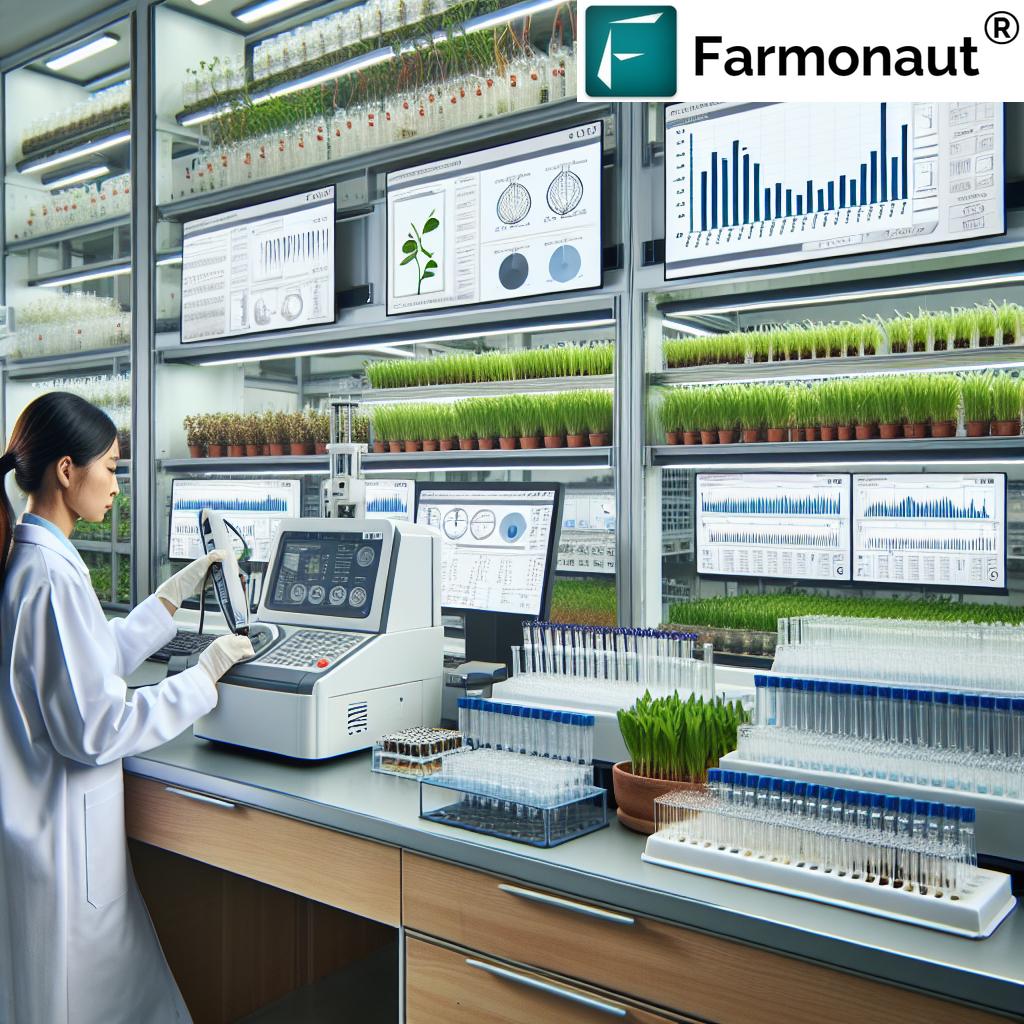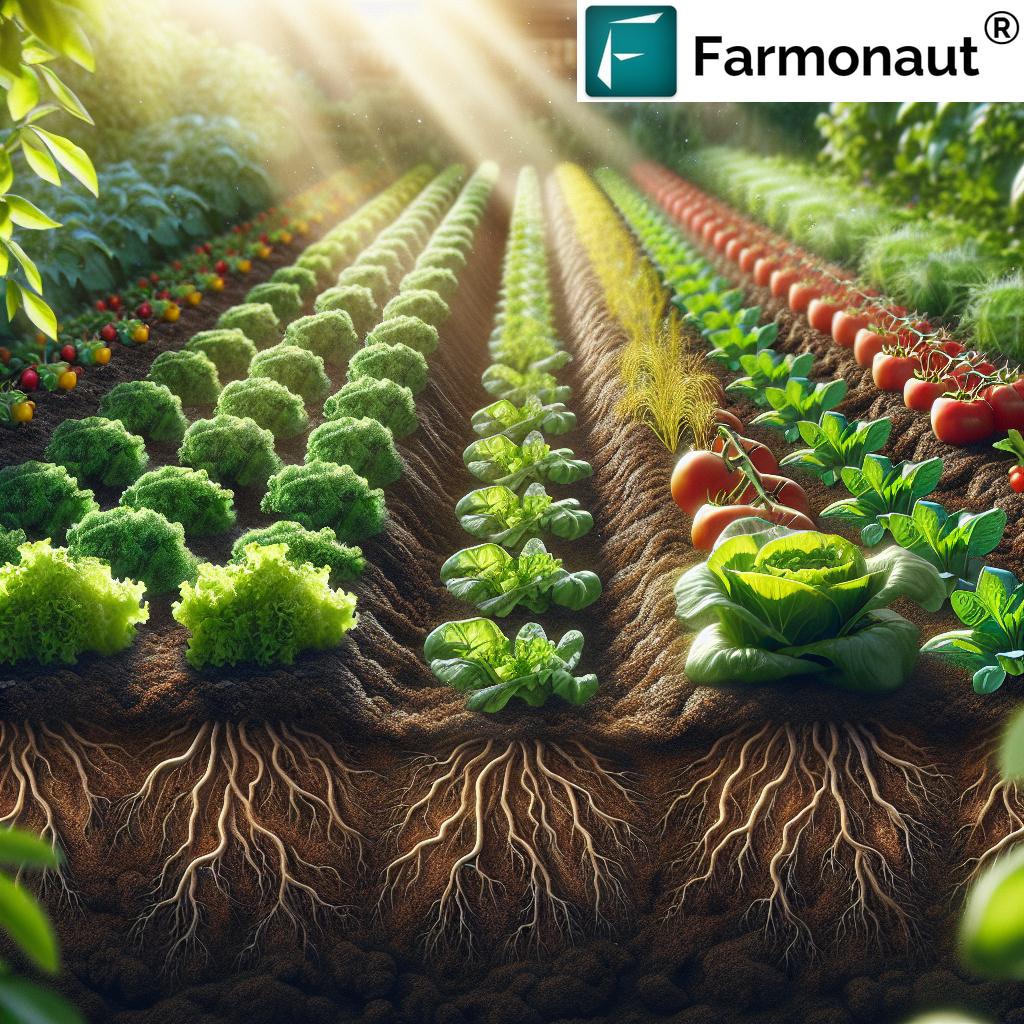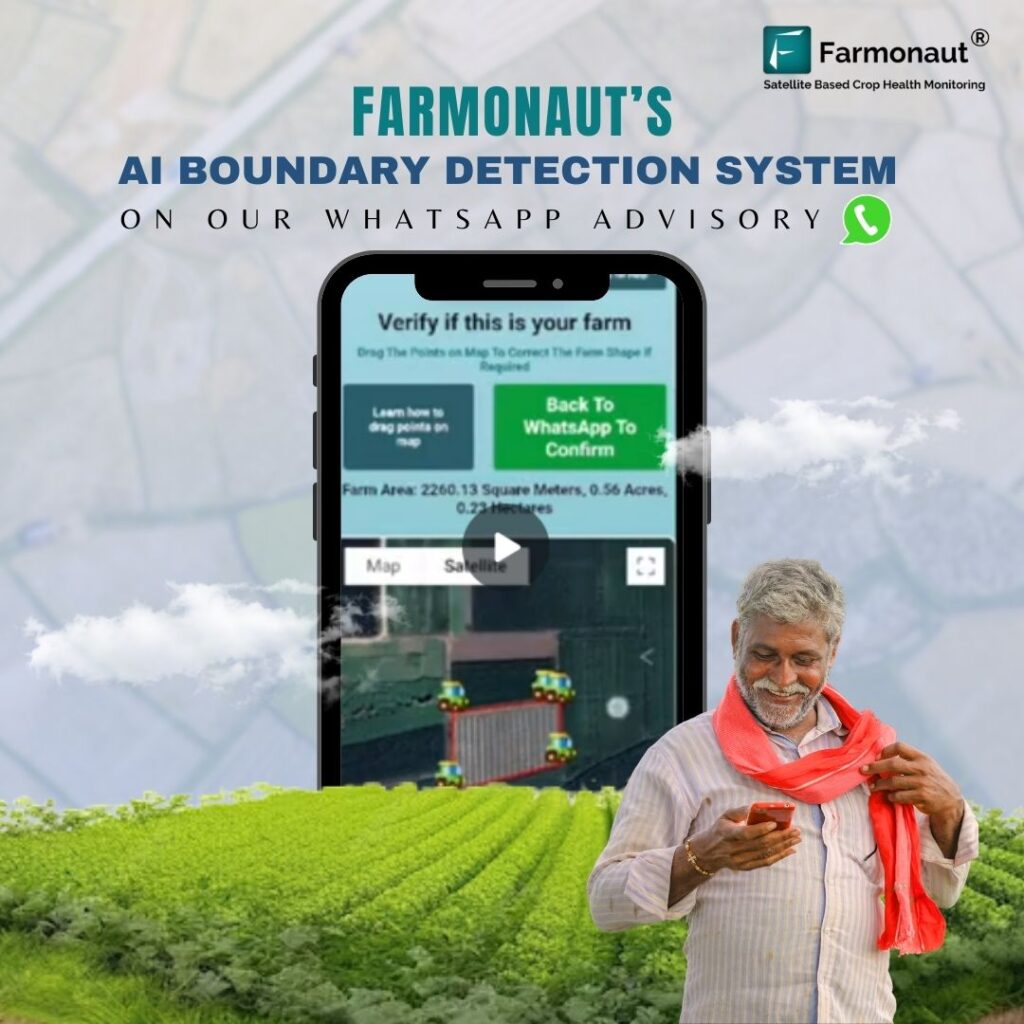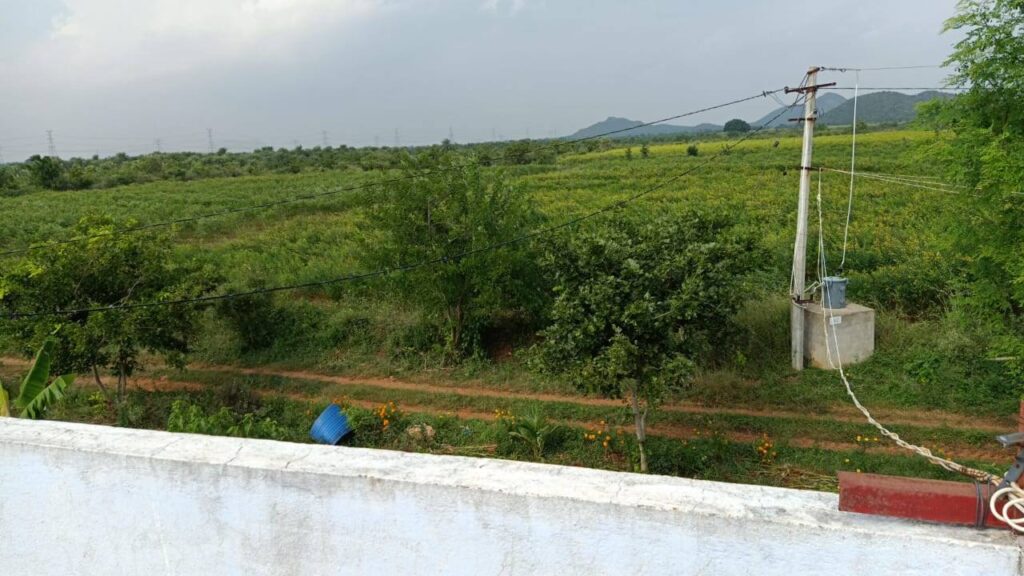Blockchain for Supply Chain Traceability in 2025: Transforming Transparency and Trust in Agriculture
“By 2025, over 60% of global agri-supply chains are projected to use blockchain for traceability.”
“Blockchain adoption in agriculture supply chains is expected to increase product recall efficiency by up to 80% in 2025.”
In the rapidly evolving sector of agriculture, Blockchain for Supply Chain Traceability is redefining how food and raw materials move from farms to our tables. As we approach 2025, the critical need for transparency, safety, and trust is driving the adoption of blockchain—a powerful tool that promises more efficient, secure, and transparent chains. Throughout this comprehensive guide, we’ll dive deep into the role and benefits of blockchain in supply chain traceability, examine the latest innovations, address practical applications, and present thoughtful analysis of the challenges and future trends—all with a focus on transforming agriculture for 2025 and beyond.
Introduction: Blockchain for Supply Chain Traceability
Blockchain for Supply Chain Traceability has surged into the agriculture spotlight as a revolutionary technology that enables every stakeholder—from farmers, processors, distributors, retailers, to consumers—to interact with immutable digital records at every step of product movement.
The traditional agricultural supply chains often suffer from fragmented data, limited visibility, inefficiency, and vulnerabilities such as mislabeling, fraud, adulteration, and unethical practices. As the sector grows more complex and regulatory requirements increase, the importance of reliable, transparent, and tamper-proof traceability systems has never been higher.
In 2025, blockchain is emerging as the critical factor in ensuring product safety, sustainability, and consumer confidence. By providing a decentralized ledger for securely recording transactions and information in a transparent manner, it boosts trust and empowers all parties involved in supply chain management.
The Need for Enhanced Traceability in Agriculture (2025)
Supply chain traceability in agriculture is no longer a luxury—it is an urgent need in 2025. The food supply chain is inherently complex, involving multiple stakeholders (farmers, processors, distributors, retailers, and consumers), often spanning wide regions and crossing international borders to reach the end-user.
This complexity is compounded by:
- Globalization of agricultural trade, stretching chains across geographies and regulations
- Increasing regulatory requirements on traceability, safety, and sustainability
- Consumer demand for sustainably sourced, ethically produced food
- Rising risks of mislabeling, adulteration, and fraud in chains
- The threat of unethical practices undermining trust in food systems
Traditional agricultural supply chains often suffer these vulnerabilities:
- Fragmented data, with limited visibility into product history
- Manual, paper-based systems that are easily manipulated or lost
- Slow and expensive recall processes in case of safety incidents
Why Traceability is a Critical Factor Now
In 2025, industry standards and governmental mandates increasingly require traceability for:
- Combating fraud and adulteration in food products
- Ensuring product safety and rapid, accurate recall mechanisms
- Verifying sustainability claims (e.g., organic, carbon-neutral, fair trade)
- Building consumer confidence through transparent information access
This makes blockchain-based supply chain traceability a powerful tool in addressing both immediate needs and future challenges in agriculture.
How Blockchain Facilitates Supply Chain Traceability
Blockchain technology is a specialized distributed digital ledger that enables recording, sharing, and auditing of transactions in a secure, tamper-proof manner. In agricultural supply chains, its significance rests on these core properties and features:
1. Immutability & Transparency
- Immutable Digital Records: Every transaction or data entry about a batch (e.g., planting, harvesting, processing, packaging) is permanently recorded with a timestamp on the blockchain. This unalterable audit trail assures parties of the authenticity and accuracy of the information.
- Transparency for Authorized Parties: Blockchain allows all authorized stakeholders to access product history at any time. This builds trust and gives consumers deeper insight into the food they eat.
- Preventing Manipulation: Once entered, data cannot be changed without leaving an indelible trace, thus preventing manipulation or fraud, even from insiders.
2. Decentralization: Reducing Reliance on Single Authority
- Eliminating Single Points of Failure: Because blockchain is decentralized, it reduces reliance on any single authority, preventing data tampering or loss due to corruption, disaster, or manipulation.
- Increased Trust: Decentralized management ensures that no stakeholder can exclusively control the data. Instead, the chain is validated by multiple regions and parties. This is especially vital in international agriculture supply chains, where mistrust between new partners runs high.
3. Smart Contracts: Boosting Efficiency and Reducing Disputes
- Automated Agreements: Smart contracts are self-executing digital agreements with embedded predefined conditions (e.g., “Automated payment is triggered when the product batch passes a quality inspection recorded on the blockchain.”).
- Improved Efficiency: By automating actions—payments, quality inspections, shipment dispatch—smart contracts enhance efficiency, lower administrative costs, and reduce disputes among parties.
- Full Audit Trail: Each trigger action and inspection result is permanently recorded for later audit and review.
Practical Applications of Blockchain in Agriculture Supply Chains
As blockchain for supply chain traceability matures, its practical use cases in 2025 agriculture supply chains are compelling and increasingly mainstream. Here are the leading applications:
- Food Safety and Recall Management
- Real-time tracing: Instantly trace sources of contamination (e.g., outbreak of E. coli in lettuce) back to a farm or processor using transparent, reliable blockchain-verified records.
- Rapid, targeted recalls: Recall only affected batches instead of massive, costly blanket recalls. Drastically improves food safety for consumers and protects supply chain efficiency.
- Certification & Sustainability Verification
- Certifications (organic, fair trade, sustainably sourced) are digitally registered and validated on the blockchain.
- Consumers and businesses get verifiable proof of product claims, without relying on potentially compromised paper certificates or trust in third parties.
- Supports international trade and regulatory compliance with transparent audits.
- Fraud & Adulteration Prevention
- Immutable records of every step—e.g., seeds used, fertilizers applied, harvest date—are permanently recorded, making it difficult to adulterate or counterfeit products undetected.
- Builds trust across chains and regions where fraud risk is high.
- Enhanced Consumer Trust
- Consumers use QR codes or blockchain-powered apps to access detailed histories of the products—where their food originated, how it was grown, processed, shipped, and certified.
- Empowers informed purchasing decisions and improves confidence in brands & supply.
- Regulatory Reporting & Compliance
- Regulators access transparent audit trails for faster, more reliable enforcement.
- Boosts management efficiency for all stakeholders.
Focused Example: Blockchain Traceability for Honey, Coffee, and More
Honey and coffee supply chains have become models of blockchain traceability by 2025. Blockchain enables transparent recording of everything from bee foraging data or coffee farm locations through to processing and export. This curbs adulteration, mislabeling, and boosts consumer trust.
To explore more about how traceability empowers food safety and value, visit Farmonaut Traceability Solutions.
2025: Integration with IoT & AI—Next-Gen Traceability
Looking forward, 2025 is a major inflection point: Blockchain for Supply Chain Traceability is increasingly integrated with Internet of Things (IoT) sensors and AI-driven analytics for unprecedented real-time visibility and precision management.
- IoT Devices: Sensors in soil, crops, storage, and shipping provide automatic data feeds (e.g., temperature, humidity, location) directly to the blockchain.
- AI-Analytics: Artificial Intelligence identifies patterns, predicts best harvest times or probable spoilage risks, and automates alerts for deviations, enhancing efficiency in chains and management.
- Satellite Monitoring: Platforms like Farmonaut use multispectral satellite imagery and AI to monitor crop health, integrate directly with blockchain traceability records, and deliver actionable insights.
Farmonaut Integration: Multi-Modal Blockchain, AI, and Satellite Data
We at Farmonaut deliver traceability solutions leveraging blockchain, AI analytics, and real-time satellite monitoring, accessible via app, browser, and API. Our tools empower users from farmers to large enterprises with actionable satellite-based data. For product developers and businesses, access Farmonaut’s API for powerful integrations, found at Farmonaut API and detailed at API Developer Docs.
Farmonaut and Blockchain for Supply Chain Traceability
Farmonaut leverages satellite technology, AI, machine learning and blockchain to transform supply chain traceability for the agricultural sector in 2025 and beyond. Our platform delivers:
- Blockchain-based traceability for complete transparency from farm to fork
- Real-time monitoring via satellite and AI for accurate records of product movement and supply chain efficiency
- Comprehensive management tools for businesses, users, and governments to ensure sustainability, compliance, and trust
- Scalable solutions—individual farm to large-scale enterprise or governmental oversight
Our mission is to make advanced, satellite-driven, blockchain-secured insights both affordable and accessible globally.
Explore more about our satellite-based field mapping and resource management at our Large Scale Farm Management Product.
Comparative Benefits Table: Blockchain vs. Traditional Systems
To illustrate the impact and tangible improvements brought by blockchain for supply chain traceability in 2025, let’s look at how it compares with traditional systems across key agricultural supply chain aspects.
| Supply Chain Aspect | Traditional System (Estimated 2025) | Blockchain-Enabled System (Estimated 2025) | Estimated Improvement (%) |
|---|---|---|---|
| Traceability Speed | 1–10 days for full product history trace | Instant (seconds–minutes) trace via blockchain | 90–99% |
| Data Transparency | Limited, siloed, often paper-based | 100% transparent & digital, accessible by all authorized parties | 85–95% |
| Product Recall Time | Multiple days to identify & recall products | Immediate batch-specific recall | 75–80% |
| Consumer Trust Level | Low to moderate (trust based on labels, not data) | High (verifiable, transparent info for each product) | 50–70% |
| Fraud Reduction | Ongoing vulnerabilities to mislabeling, adulteration | Near-zero fraud/adulteration due to immutable records | 80–95% |
As the table demonstrates, blockchain-enabled supply chains in 2025 present quantifiable leaps in traceability speed, visibility, reliability, and consumer trust.
Challenges and Considerations for Blockchain Adoption in Agri-Chains
While Blockchain for Supply Chain Traceability shows immense promise, practical challenges and real-world limitations exist—especially as global adoption accelerates in 2025:
- Infrastructure Gaps: Smallholder farmers in developing regions may lack consistent access to the digital tools, connectivity, or training needed to fully integrate into blockchain-powered systems.
- Data Privacy & Ownership: With all transactions and conditions recorded, clear policies are needed to manage sensitive information and balance transparency with competitive/business privacy.
- Interoperability: As more chains and platforms emerge, ensuring compatibility and standardization becomes critical. Otherwise, disconnected blockchain “islands” could undermine overall visibility and transparency.
- Regulatory Uncertainty: Laws governing blockchain technology, data storage, and traceability are still evolving in many countries.
- Onboarding and Change Management: Training farmers and processors and digitizing older records requires coordinated efforts and resources.
- Scaling and Costs: Though blockchain often reduces long-term costs by increasing efficiency, initial transition may require investment in technology upgrades and workforce skills.
Organizations can mitigate many of these challenges by choosing scalable, user-friendly platforms that are designed for flexibility. Farmonaut offers a Large Scale Farm Management App for enterprise deployment, making digital traceability easier to adopt at any scale.
Enhancing Sustainability & Consumer Trust Through Traceability
Blockchain for Supply Chain Traceability is about more than just preventing fraud—it’s a catalyst for transforming the sustainability and reliability of global food systems. By making product histories transparent and verifiable by all authorized parties:
- Sustainability Verification: Claims like “organic” or “carbon-neutral” can be independently verified and tracked, supporting consumer demand for ethically produced and sustainably sourced goods.
- Supply Chain Resilience: Real-time management makes the entire sector more resilient to disease outbreaks, recalls, labor abuses, and trade disruptions.
- Empowered Consumers: Consumers gain confidence with direct access to a digital ledger of every product’s journey.
- Mitigating Greenwashing: Immutable records reduce risks of misleading marketing and greenwashing practices.
For organizations focused on environmental impact monitoring, Farmonaut offers actionable insights and compliance reporting for carbon footprint tracking.
Future Outlook: Where Will Blockchain Bring Agriculture Next?
The momentum for Blockchain for Supply Chain Traceability in 2025 indicates an agricultural horizon transformed by radical transparency, seamless interoperability, and empowered decision-making. Looking forward:
- Interoperable, Unifying Platforms: Governments and corporates are building cross-border blockchain ecosystems for trade and regulatory compliance.
- Greater Consumer Power: End-users will not only verify food origins but influence supply practices through their purchasing choices and direct app-based voting.
- AI-Driven Supply Chains: Predictive analytics will optimize everything from planting to logistics, while blockchain maintains the integrity of records and processes.
- Universal Access and Inclusion: Solutions will target inclusion of smallholder farmers via mobile interfaces and low-barrier digital onboarding programs.
Farmonaut remains at the forefront, committed to increasing access, transparency, and efficiency for all players in the agricultural supply chain.
Farmonaut Resources: Apps, APIs, and Subscription
Farmonaut makes blockchain for supply chain traceability robust, accessible, and scalable for all stakeholders:
- Product Traceability Platform – Our flagship solution providing blockchain-backed traceability, transparency, and fraud protection for food, honey, coffee, and more.
- Farmonaut API – Seamless integration for businesses, apps and systems to connect with our satellite, AI, and blockchain infrastructure.
- Agro Admin App – Powerful digital dashboard to manage large scale farms, plantations, and end-to-end supply chain management.
- Fleet Management Tools – Track agricultural fleets, reduce costs, and boost operational efficiency through blockchain-verified metrics.
- Crop Loan & Insurance Verification – For financial institutions, using satellite-backed verification to reduce risks and streamline loans and insurance processes.
- Carbon Footprinting – Environmental impact monitoring and sustainability reporting for farms and agri-enterprises.
FAQ: Blockchain for Supply Chain Traceability in 2025
A: It is the use of blockchain technology to create an unalterable, transparent digital record of every transaction, data point, and product step in the supply chain, from farm to consumer.
A: Blockchain’s immutable records allow for instant identification of contamination sources and rapid, targeted recalls, reducing public health risks and economic loss.
A: Platforms like Farmonaut democratize access, but successful adoption requires digital onboarding, training, and infrastructure upgrades—especially in remote regions.
A: Yes. Certifications for organic, fair trade, or carbon-neutral claims can be registered on-chain, providing verifiable authenticity for consumers and regulators.
A: Key challenges include digital infrastructure gaps, securing data privacy, ensuring platform interoperability, and onboarding every supply chain participant.
A: Explore out-of-the-box platforms like Farmonaut Traceability for rapid implementation, and consult developer docs for custom systems integration.
Conclusion: Transforming Agriculture for 2025 and Beyond
In 2025, Blockchain for Supply Chain Traceability stands as a transformative force in agriculture. By delivering transparent, efficient, and reliable traceability, it ensures food safety, builds trust, and meets the urgent need for sustainability and accountability in agricultural supply chains. The integration of blockchain with IoT, AI, and satellite monitoring platforms—such as those innovated by us at Farmonaut—is setting a new standard for digital traceability, empowering all stakeholders in the sector, from farms and exporters to regulators and consumers.
As challenges of interoperability, privacy, and infrastructure are addressed, the landscape for global trade, food production, and consumer trust will only become more transparent, ethical, and safe. Stakeholders who adopt blockchain-based systems today are poised to lead and shape the sustainable food revolution of tomorrow.
Learn more or get started by exploring our carbon footprinting, fleet management tools, and digital apps for monitoring, traceability, and data-driven management solutions.


